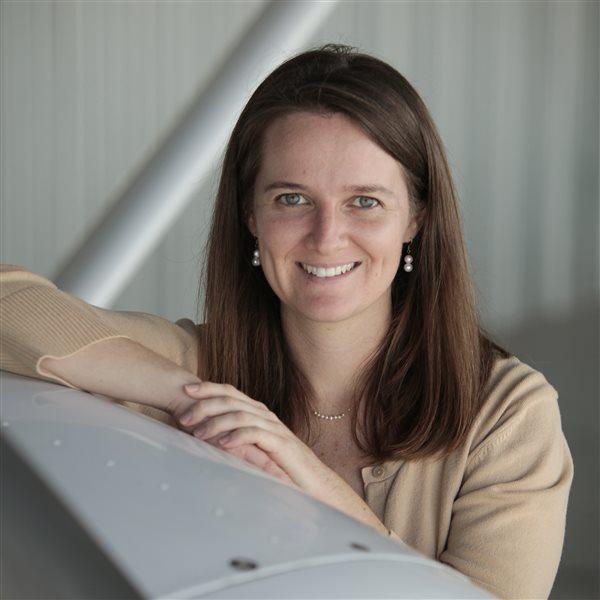Aircraft taxes should go into aviation fund, AOPA says
Under a current Washington law, only 10 percent of the aircraft excise taxes that aircraft owners pay go to the Washington State Division of Aeronautics, while the other 90 percent go into the general fund. AOPA is advocating for legislation that would allocate 100 percent of the revenue generated from the tax to go exclusively toward improving and maintaining the state’s 134 public-use airports.
AOPA members in Washington State are urged to contact their state elected officials to voice support for Senate Bill 5324 and House Bill 1526. The bills’ successful passage would dedicate the remaining 90 percent to aviation uses, which equates to an additional $637,000 biennially for airports. Those additional funds would allow the state to “leverage over $9 million of federal Airport Improvement Program funds for critical airport maintenance and improvements,” according to AOPA Northwest Mountain Regional Manager Dave Ulane.
AOPA and state aviation organizations have been working for two years to try to get this legislation passed. A newly formed Washington State Aviation Alliance is expected to add additional support for the bills. But, pilots need to contact their legislators—in numbers—to help determine where their aircraft excise tax dollars will go.
“Our members need to band together to get this legislation passed so that their hard-earned money is reinvested in aviation in the state, not in a multitude of other nonaviation-related projects in the general fund,” he said. Ulane testified in support of the Senate bill Jan. 28 during a hearing before the state Senate Committee on Transportation. He will be testifying before the House Committee on Appropriations on Feb. 4 in support of the House version.
Pilots and aircraft owners must speak up because the state has a $3.5 billion shortfall over the next 20 years that will negatively impact the safety and improvement requirements of the state’s public-use airports. Allocating all of the aircraft excise tax revenue would prevent an increase in the tax while providing more revenue and opening up more opportunities for the state to use more than $9 million in federal funds.
“Without these additional resources to adequately fund, maintain, and improve Washington State’s airport system, there is significant risk of diminishing the total $51 billion economic impact and 248,000 jobs created by the state’s airports,” Ulane said.
The only other primary source of funding for the aeronautics division is an $0.11-per-gallon tax on non-airline/non-military aviation fuel.
The bills have bipartisan support and are co-sponsored by AOPA members Rep. Tom Dent and Sen. Mark Hargrove, as well as members of the Washington Legislative Aviation Caucus. Several aviation organizations also are advocating for the bill, including the Washington Airport Management Association, Washington State Community Airports Association, National Business Aviation Association, Pacific Northwest Business Aviation Association, Washington Pilots Association, Washington Seaplane Pilots Association, Washington Public Ports Association, Washington Aviation Association, and Recreational Aviation Foundation.
Washington state AOPA members are encouraged to contact their legislators and members of the House Committee on Appropriations, including Chairman Ross Hunter, Vice Chairman Timm Ormsby, and Ranking Minority Member Bruce Chandler. AOPA members in Washington also can submit comments online.



